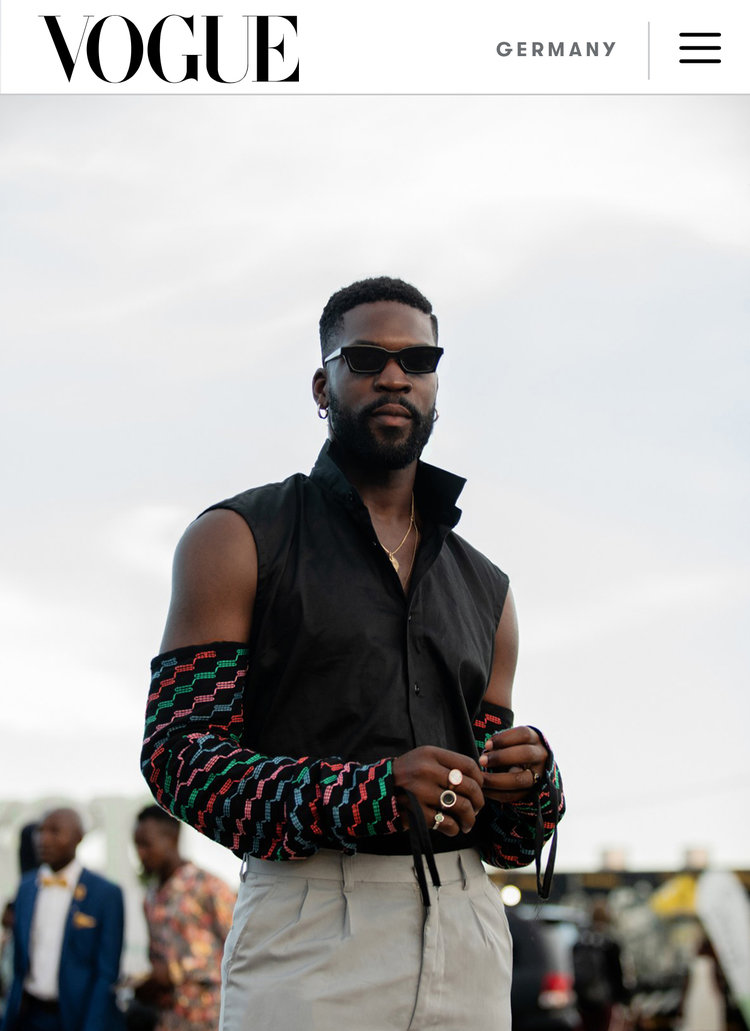LAGOS TO THE WORLD!
Growing up, I struggled with my identity as a Black man, in large part due to the fact that until my years at Howard University I didn't necessarily identify as Black. I was African—Nigerian to be exact. Still, in those years that sentence wouldn’t spill from my lips with pride the way it does now. In those years being African meant you were the butt of every joke and constantly at risk of being called “African booty-scratcher” or “kunta kinte"—a reference to a film I’ve still never even seen. But growing up in Houston, the Nigerian capital of America, meant I had the opportunity to see that pride and grow up in a community that practiced and celebrated the culture–relentlessly. I went to a Nigerian church, had Nigerian friends who ate Nigerian food and went to Nigerian parties. After 18 years, the feelings of shame for my rich culture were finally coming to an end and I could finally stand proud as an African man, who only occasionally scratched his butt. But then came Howard, and just at the moment that I was coming into my own as African, I was thrown into a trial-by-fire immersion of sheer Blackness.
Although I had walked my whole life in brown skin, many of the nuances of blackness eluded me. I hadn’t seen Friday or Baby Boy, but I knew all the punchlines to Aki and Paw Paw movies, and I didn’t grow up listening to Frankie Beverly and Maze on Saturday mornings, we listened to Yinka Ayefele and The King Sunny Ade. Howard was my introduction to those nuances. And after four years, you can be sure that I graduated blacker than ever, like, blackity black. I learned about the history, culture, and plight of the Black American. But in those four years of premium, grade-A, unfiltered blackness, I wondered what became of the African man I was becoming? Had he become lost in the shadow of blackness and my idea that I could only be one? African or African-American? Years went by and I found myself watching from afar and often superficially referencing a culture with which I had blood ties.
It had been 12 years—12 years since I had been to Nigeria. This year was my first time in the country since I was thirteen, and my first time ever going alone. Although it was work that inevitably brought me to Lagos, I took the opportunity to connect with the city as a young adult, and tap into its thriving creative scene. I met young Nigerian creatives who had moved to Nigeria from all over the world to reconnect with what made them who they were. After hearing their stories, I was reminded of Marcus Garvey’s Back-to-Africa movement and became inspired. The connection of the blackness I had recently attained at Howard University and the Africanness I had always known could co-exist.
A lot of things changed for me this year. I left my position at GQ, started traveling professionally, and began investing in myself, but most importantly I discovered who I was as a Nigerian-American man. I no longer forsake either forms of blackness, as their unique collaboration is what makes me, me—and it now shows in my work. I hope you enjoy.



